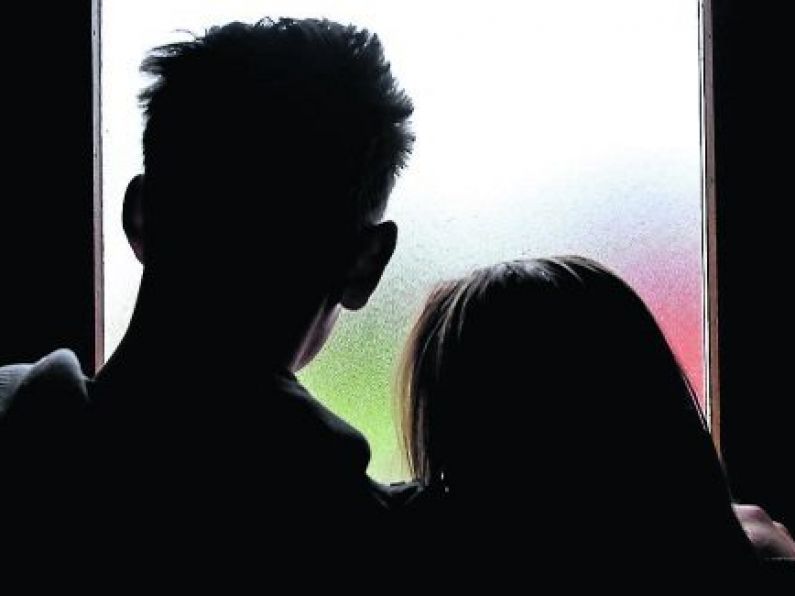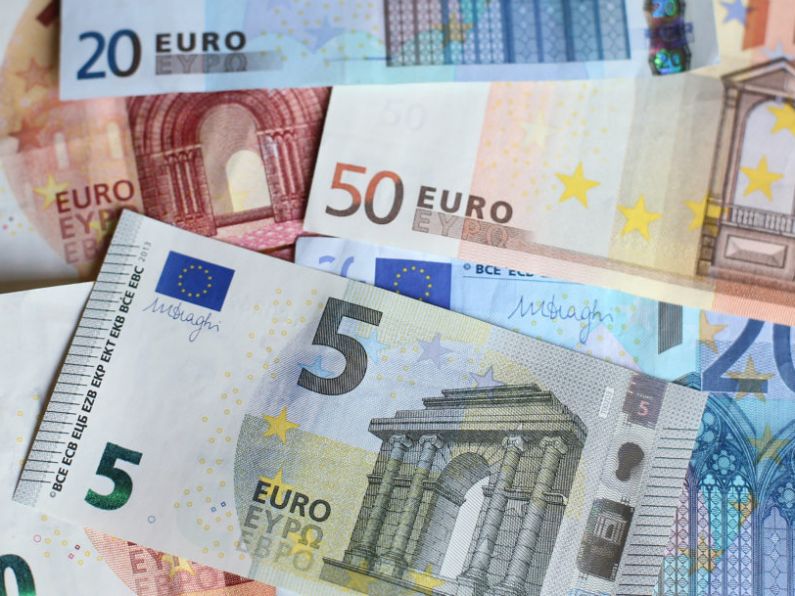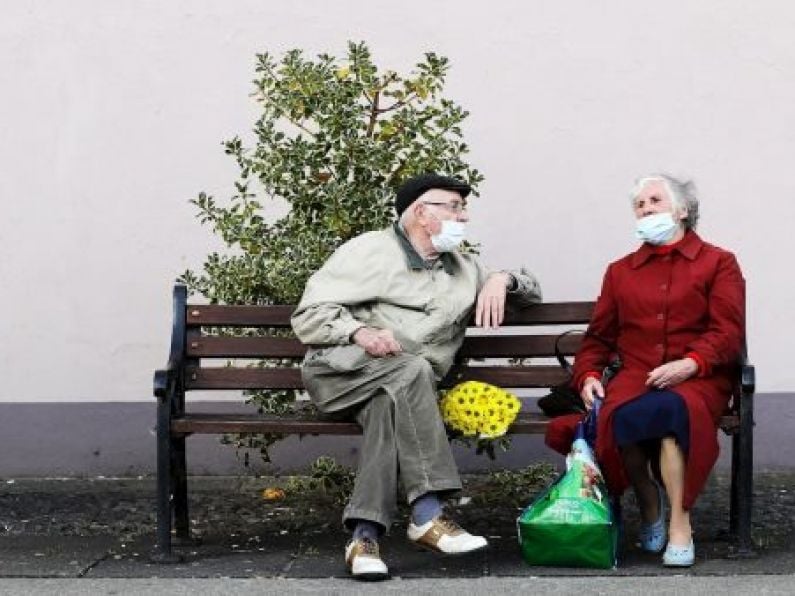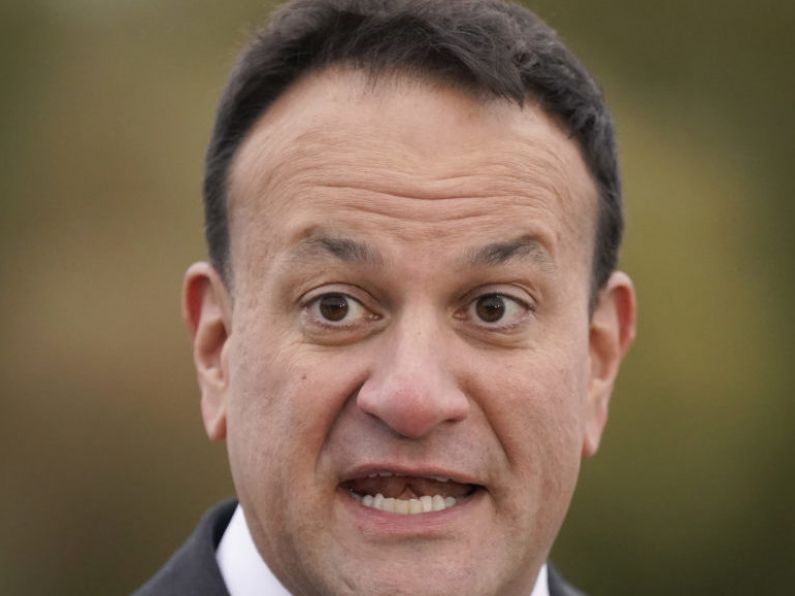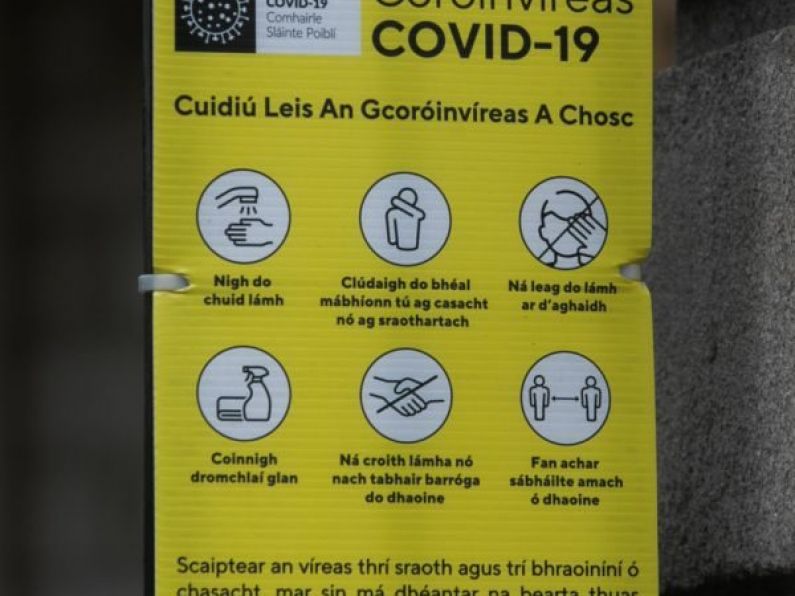By Denise O’Donoghue
The Society of St Vincent de Paul (SVP) has received around 15,000 calls for help during March, with many callers citing COVID-19 measures as a cause for concern.
Calls to SVP since the COVID-19 restrictions were put in place have not increased significantly as SVP offices and shops closed, meaning requests for help are confined to telephone, online and post. However, across the country requests for help are up on average by 10% for the first three months of the year.
Over 44,000 people have reached out to the Society for help with basics like food and fuel. SVP fear that the impact of the pandemic will most impact individuals and families already living in poverty and that they will be joined by thousands more in the coming weeks as the unemployment rate is expected to reach 17%.
"There have been some harrowing messages received with a lot of people experiencing stress, anxiety and dealing with social isolation”, said SVP national president Kieran Stafford.
“We are continuing to work with and advise government through the Department of Employment Affairs and Social Protection as well as utility companies, on ways to alleviate the worst effect on those struggling financially, in particular lone parents who have been finding the additional cost associated with children out of school, isolation, reduction in employment and creche closures.
“We are also working with the HSE, Department of health and other organisations such as the Local Authorities oversight group and many of our
members are active in local community support groups which have been formed around the country.”
The reasons cited for calling SVP for help included:
- People in precarious or part-time work who have been temporarily laid off and are struggling to pay the bills even with State support;
- Lone parents socially isolated and who are struggling to pay for gas, electricity and food as a result of school closures;
- Single adults living alone, with health condition and in receipt of disability payment, worried about isolation and being able to pay the bills;
- Pensioners living alone at home all day and who can’t afford to keep their homes warm;
- People who had to give up work to care for vulnerable family members.
